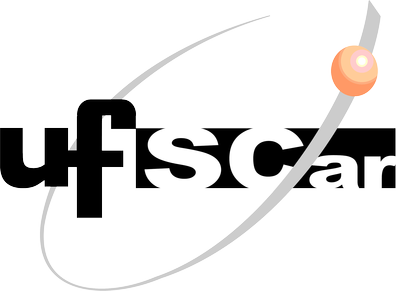08/10/2021 - A new method for sequential learning of states and parameters for state-space models: the particle swarm learning optimization - Speaker: Ivan Enríquez (Universidade Federal do Espírito Santo)
UFSCar/USP joint Seminar
Announcement file.
Scheduled for:
Oct 10, 2021, at 2:00 pm
(GMT-03:00) Brasilia Standard Time - Sao Paulo
Click here to watch again.
Click here to see the slides.
Speaker:
Ivan Enríquez (Universidade Federal do Espírito Santo)
Title:
A new method for sequential learning of states and parameters for state-space models: the particle swarm learning optimization
Abstract:
Accuracy of parameter estimation and efficiency of state simulation are common concerns in the implementation of state-space models. Even widely used methods such as Kalman filters with MCMC and Particle Filter, still present concerns with efficiency and accuracy, despite their successful results in their respective applications.This article presents a new method combining the structure of particle learning and bare bones particle swarm optimization (BBPSO) to the process of smoothing and filtering the states in the state-space models, thus overcoming the efficiency and accuracy problems. Sampling importance re-sampling is used to estimate the states of the model, then the parameters can be estimated via BBPSO, as an alternative to the kernel approximation of Liu and West. Our method is applied to stochastic volatility and AR(1) state-space models. Empirical results with Ibovespa and SP500 index show better performance when compared to particle filters, thus improving efficiency and accuracy.
Bio:
Ivan Enríquez received the B.Sc degree in statistics at the National Engineer University (UNI), Lima, Perú. The M.Sc and the Ph.D degrees in statistics are from Institute of Mathematics and Statistics, University of São Paulo, in 2006 and 2010, respectively. He is Associate Professor at Department of Statistics, Federal University of Esp\'irito Santo (UFES). His current research interests include natural computing with emphasis in particle learning, natural computing in particle swarm optimization, state-space models, stochastics volatility, and time series analysis.

